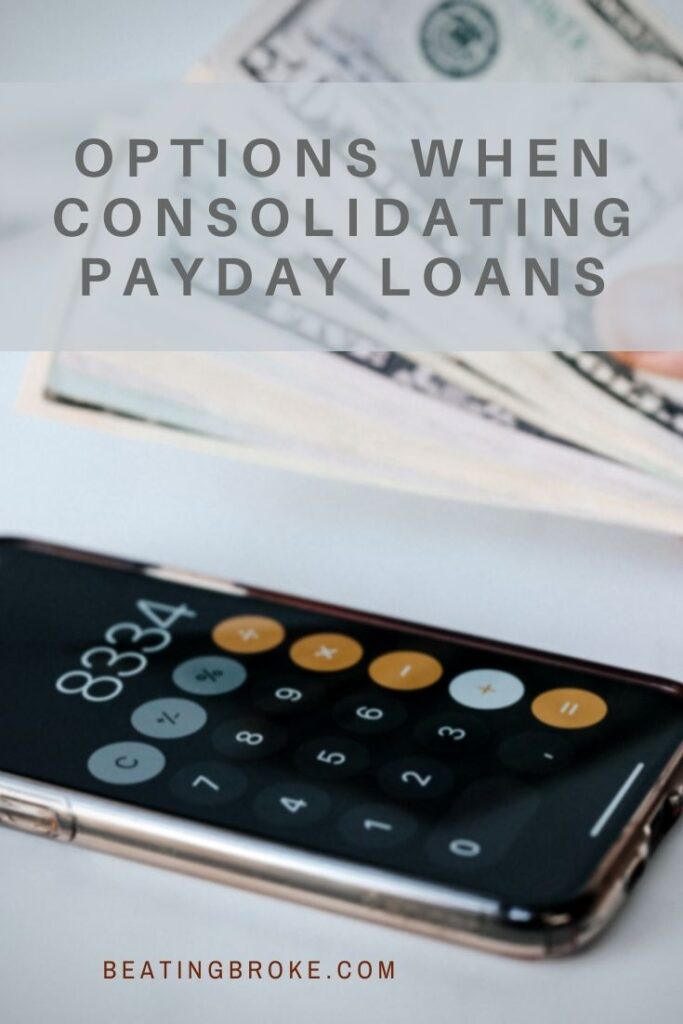
Payday loans can trap borrowers in a vicious cycle. Because you’re short on cash and/or have bad credit, you borrow money from a payday lender. That money is usually due back in a short amount of time (often just two weeks). Yet, because of high fees and interest rates on the loan, you must pay back much more than you originally borrowed. If you’re unable to repay the loan in time, you can always roll the amount over into a new loan. This is how the payday loan trap begins. However, you can avoid or escape the payday loan trip by utilizing payday loans consolidation options.
Options When Consolidating Payday Loans
You don’t have to stay stuck in the payday loan trap. Instead, utilize these options to consolidate your payday loans.
Get a 0% APR Credit Card
If you still have good credit, consider applying for a 0% APR credit card. These types of credit cards will allow you to transfer your payday loan balance onto the credit card. Most of these types of cards charge a transfer fee of three to five percent. Then, you have twelve to eighteen months of 0% APR, which means every payment you make goes on the balance, allowing you to pay it off more quickly. After the introductory APR expires, you will pay the stated interest rate on the rest of your balance.
Get a PALs Loan
Another option offered by certain federal credit unions around the country is Payday Alternative Loans. These loans are available for $200 to $1,000 and are to be paid back in full in one to six months.
To qualify for a PALs loan, you must be a member of the credit union for at least one month. The credit union is especially interested in your income rather than your credit score, making these loans easier to qualify for than a 0% APR credit card. In addition, these loans can help build and improve your credit score.
Borrow from Friends or Family

If you don’t qualify for either option already stated, consider borrowing from friends or family. However, if you choose this option, recognize that borrowing money can often ruin relationships. To keep this from happening, write out a contract stating how much you’re borrowing and when you will pay it back. For good faith, state how much you will pay weekly or monthly. If you want, you could even offer to pay back the loan with a bit of interest.
Then, dedicate yourself to paying off this loan as quickly as possible. Nothing ruins a relationship faster than someone who doesn’t pay back a loan to a family member or friend.
Final Thoughts
Payday loans seem like an easy, quick way to borrow money, but they can trap you in an endless cycle of debt. To break that cycle, utilize one of these payday loans consolidation options so you can stop paying so much in interest and pay off what you owe.
Read More
Lending Club Is Now Offering Business Loans
Are Personal Loans Ever Right for You?
Debt Consolidation Loans: What, When Why?
Melissa is a writer and virtual assistant. She earned her Master’s from Southern Illinois University, and her Bachelor’s in English from the University of Michigan. When she’s not working, you can find her homeschooling her kids, reading a good book, or cooking. She resides in New York, where she loves the natural beauty of the area.


